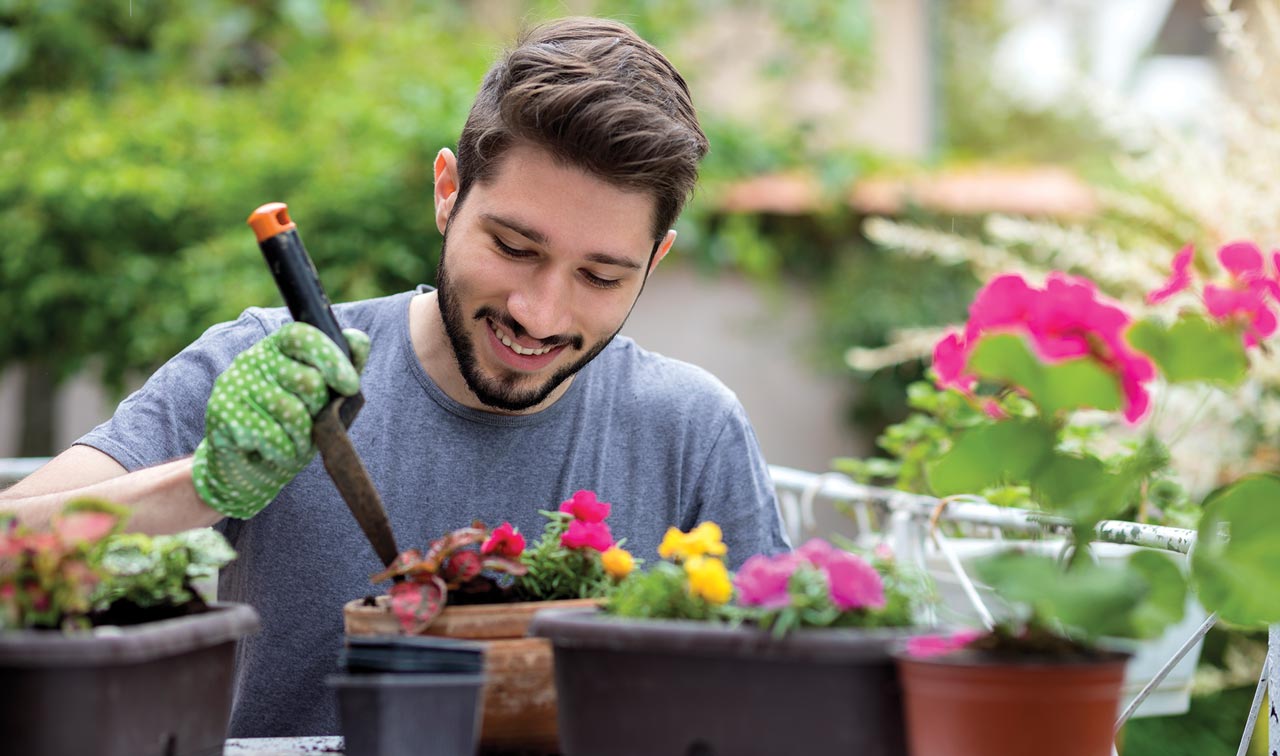“Nature is a more accessible part of what comprises spirit for us as people, helping us create meaning,” explains Freisleben. “As I was coping with the challenges of the pandemic, my personal source of comfort was gardening. In the context of our discussions on hope, it became very clear that nature could be a resource for patients with eating disorders. Even for those who feel they have no other source of spirituality, nature is present for them.”
Freisleben then worked with the Princeton Center for Eating Disorders team to develop the “Nature in Us” group for adults hospitalized with eating disorders. Designed to give patients the language to discuss change, the curriculum helps them reflect on nature in the environment to create a clearer pathway to reflection on the personal experiences intrinsic in human nature.
“We can observe a flower or tree and easily accept its nature and resilience,” says Freisleben. “Yet when we look at ourselves, it can be more difficult to accept our own human nature. When patients try to hold the nature around them closer, they can make more connections to the recovery journey. The parallels to nature mean that recovery is not only possible—it’s hopeful.”
From seeds to sunlight, each session focuses on an overriding concept as patients plant and care for flower bulbs. As an example, the sunlight that flowers lean toward is something that can be seen and felt but not touched or held, correlating to the love and sense of belonging needed by humans. Considering the concept in nature can be a more accessible way to explore how it might be seen in the lives of patients. Likewise, seeds are full of potential, as are people, and wonderful things can grow from them despite the challenges of weeds.
Patients have responded positively to the group, which also features meditative exercises, journal reflections, and messages of hope.
“So much of the recovery process is trying to get to a place of safety in the body, mind, and world,” adds Freisleben. “Nature is a reliable resource and a safe space we can always return to, even if simply through meditation. As patients consider how they can build meaning in their lives, the connections to nature can help them access the most tangible parts of themselves.”

